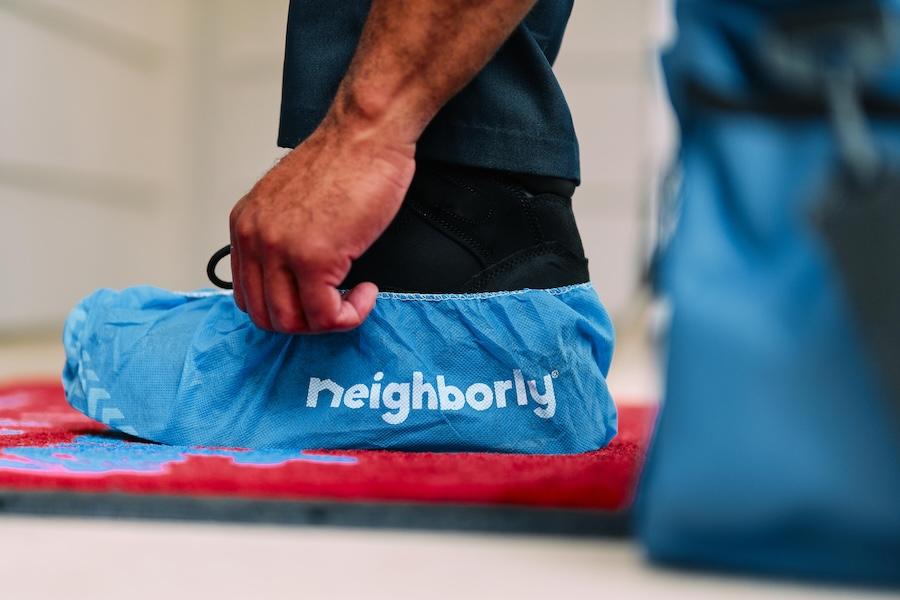Basement flooding is more common than you think, especially in areas that experience heavy rainfall or flooding. Left unaddressed, a flooded basement can turn into a nightmare real quick. It’s advisable to have a qualified plumber install a reliable sump pump in your basement and keep your plumbing in tip-top condition to prevent flooding.

In this post, Mr. Rooter Plumbing outlines the steps to clean a flooded basement. Knowing how to clean up water in your basement after flooding will save you money and maintain the structural integrity of the space. Mr. Rooter Plumbing is the contractor to call when you’re in need of professional water leak repair.
Water and electricity don’t mix, so your safety should come first. Turn off the power to your basement at the main breaker box before anything else. Never enter a flooded basement when the power is still on.
The method you’ll use to remove standing water will depend on the severity of the flood and the size of your basement. For small amounts of water, you can use a wet/dry vacuum or a bucket and mop to remove the water. However, large volumes of water will require a submersible pump to save time and effort. Water removal should be done as quickly as possible to prevent further damage and mold growth.
Before you pump out standing water, remove all the items, including furniture, electronics, exercise equipment, and other valuables. This step is necessary to prevent further damage to your items and make space for water removal and other remediation tasks. Items such as carpets, drywall, and insulation may not be salvaged after basement flooding, so you’re better off getting rid of them.
This is a critical step that is often overlooked during basement cleanup after flooding. If you don’t dry out a flooded basement, you’ll create the perfect environment for mold growth. Remember, mold grows within a span of 24-48 hours, so you need to move with speed to alleviate a mold infestation. You can run a dehumidifier for a few hours to speed up the drying process or use high-velocity air movers to maximize airflow. If mold has already grown, you may need to call in a mold remediation expert to help you out.
Floodwater can contain harmful bacteria and contaminants that can pose risks to your health. That’s why it’s important to clean the walls, floors, and other surfaces with detergent solution. Cleaning the area also helps to prevent mold growth. If the source of water damage is sewage backup, it’s advisable to disinfect the space using a bleach solution. Also, make sure you call a trusted plumbing service to address the root cause of sewage backup and prevent future occurrences.
One of the ways to prevent basement flooding is to keep the plumbing in great shape and ensure your sump pump is in good working condition. If the pipes running through your basement are in disrepair or your sump pump is showing signs of damage, you need to call a plumbing repair service to perform an inspection and help you fix them.
Nothing lasts forever, and that includes your home’s plumbing system. Everything from piping to water heaters and bathroom fixtures will inevitably deteriorate and need replacing. Here are three reasons to…
Sometimes you may find that your toilet isn’t flushing quite right. This can be frustrating, especially if you only have one bathroom in your house. But what do you do…
Has your garbage disposal stopped working and you’re wondering why? Well, there are many reasons why a garbage disposal can fail. Mr. Rooter Plumbing looks into the top 5 reasons…
The last thing you want to deal with is a shower faucet that won’t turn off. It not only wastes water, but it can also lead to water damage in…